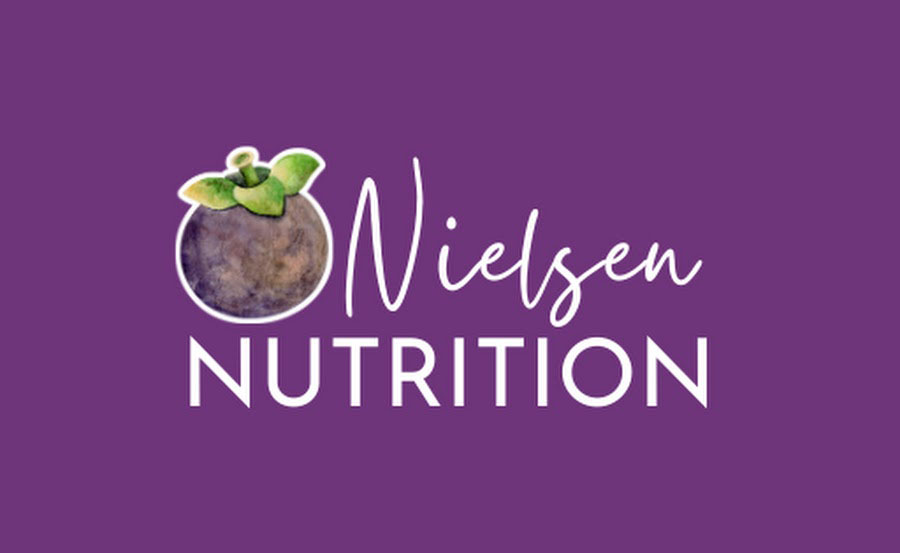20 Jun Blood Sugar, more than Diabetes
What’s really going on in your body when you have a blood sugar imbalances?
Does this sound familiar? You wake up in the morning, feeling a bit drowsy and not quite ready to tackle the day. Maybe you get your kids up, make them breakfast, ready yourself for work, and then grab a granola bar on your way out the door. You drop off the kids and then hop in the drive through lane at Starbucks or Dutch Bros before heading to work. You nurse the coffee until lunch time when you’re absolutely starving, your “hangry” response is kicking in. So, you scarf down lunch much too quickly. By afternoon you’re craving all the wrong things and by dinner you’re stressed and exhausted with your busy day.

While this may not be everyone’s scenario, I think many of us can relate to some degree. Perhaps you replace work outside the home with managing the home from within. Maybe you replace the office lunch break with eating out with friends or co-workers or family. Or your lunch is a quick sandwich on a job site. Whatever life has thrown at you, many of us struggle with blood sugar regulation. We can help!
What it looks like…
Hyperglycemic (high blood sugar) may include fatigue, frequent thirst, increased urination, blurred vision, and yeast or skin infections.
Hypoglycemic (low blood sugar) involves a fast heartbeat, shaking, sweating, anxiety or nervousness, hunger, dizziness, and irritation.
Causes:
Going back to the scenario above…We often wake in a low blood sugar situation (we’ve been fasting through the night) and so our stress hormone cortisol decides to kick in. This alerts our body and gives it a quick burst of energy. Sometimes this happens at night and is masked as “I need to pee”. In chronic scenarios this can elevate our inflammation responses and lead to insulin resistance. Blood sugar tends to follow cortisol patterns and so when stress kicks in, blood sugar levels can rise. As sugar levels rise, our pancreas is alerted to release the hormone insulin. Insulin shuttles blood sugar into our cells for energy or into our liver for storage. As the blood sugar leaves our blood stream, insulin should level out. Unfortunately for many individuals, insulin receptors are no longer working and so insulin is less effective in reducing blood sugar levels (pre-diabetic, diabetes). Medication may be needed to lower glucose amounts from the body.
Things to avoid to reduce risk of high blood sugar
- Sugary beverages, snacks, and desserts
- Intense and long lasting workouts, these can raise cortisol levels
- White foods like bread, pasta, rice, or plain potatoes
- Condiments- Ketchup, dressings, and bbq sauces
- Dried fruits as their sugars are condensed
*Even sugar free options can send “sweet” signals to the brain necessitating the need for insulin.
Healthier options to maintain regular blood sugar levels
- If you’re craving sweets try a piece of fresh fruit: strawberries, pears, lemons, limes, berries and apples are lower glycemic varieties.
- Gentle exercise like walking, yoga, swimming, or weight lifting.
- Fiber! One of your best carbohydrate friends. Fiber isn’t digested the same way as other carbs and so doesn’t raise blood sugar.
- Healthy fats- Fats like avocado, coconut, grass fed butter, and olive oil can provide lasting energy and help with both inflammation and cravings.
- Protein breaks down into energy slowly and so it can work as a buffer against carbs and sugar. Eating this first in a meal is best.
*Low fat varieties of foods are often balanced with more sugar. For most individuals full fat may be the healthier pick.
Nutrient supports:
Inositol “B8 vitamin” works to balance neurotransmitter levels for sugar cravings (Up to 18 g/ daily)
Chromium is a mineral that can help with insulin response (200 µg/ day)

The information provided on Nielsen Nutrition is for general informational purposes only. It is not intended to be a substitute for professional advice, diagnosis, or treatment. Always seek the advice of your physician or other qualified health provider with any questions you may have regarding a medical condition. This post may contain affiliate links, which means that we may earn a commission if you make a purchase through these links. This is at no additional cost to you and helps to support the maintenance and growth of the blog.



Sorry, the comment form is closed at this time.